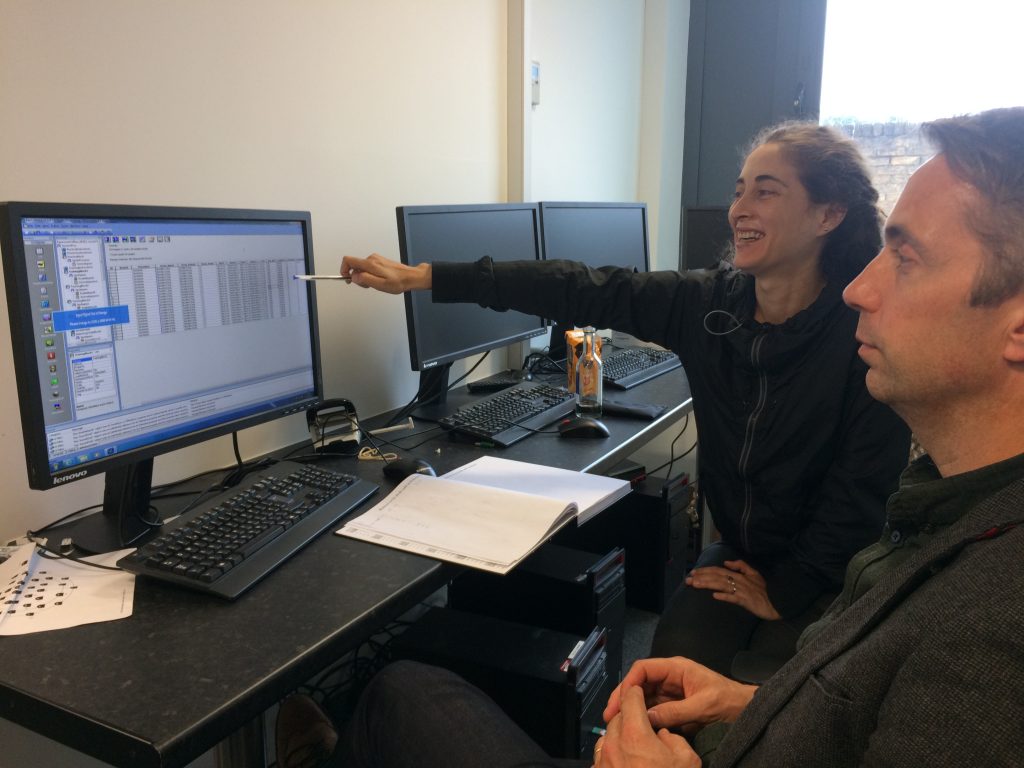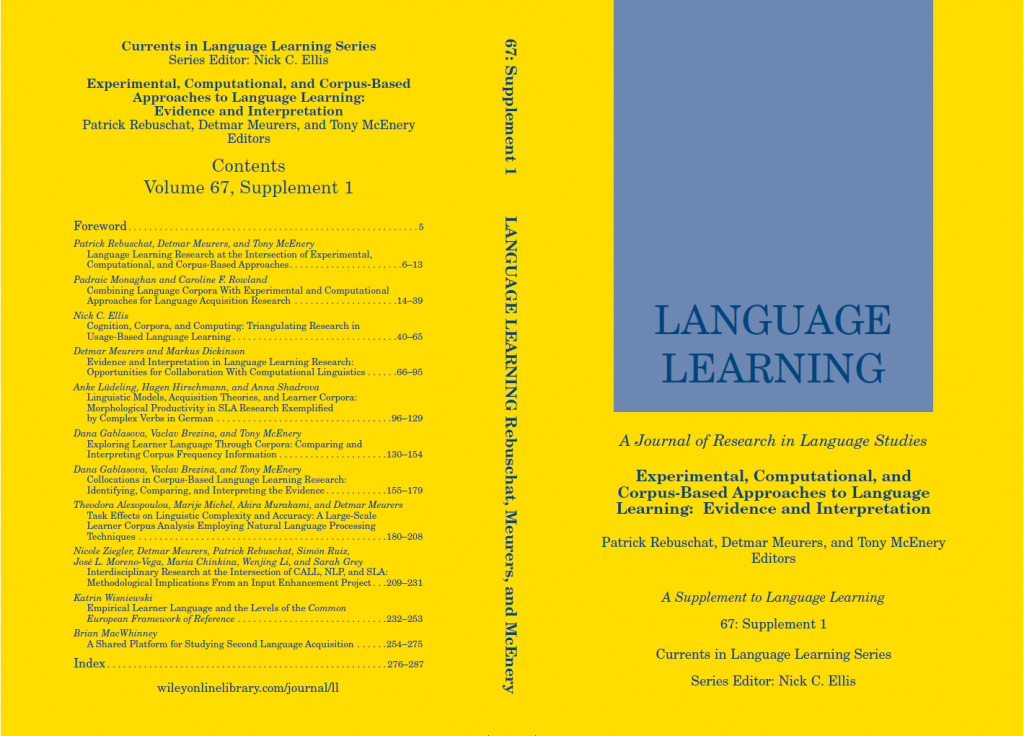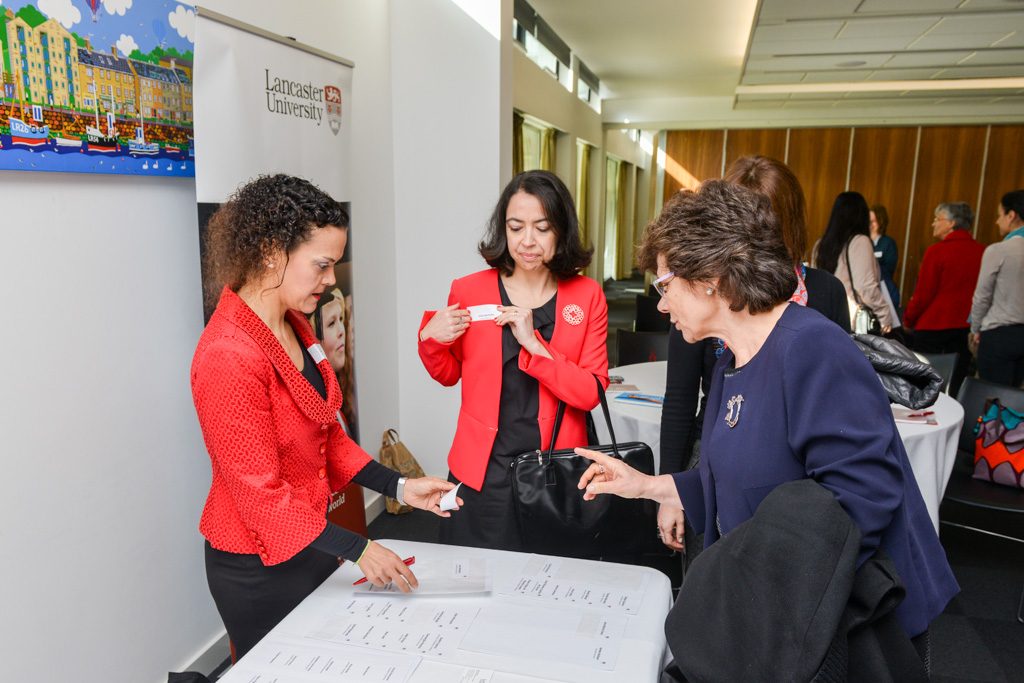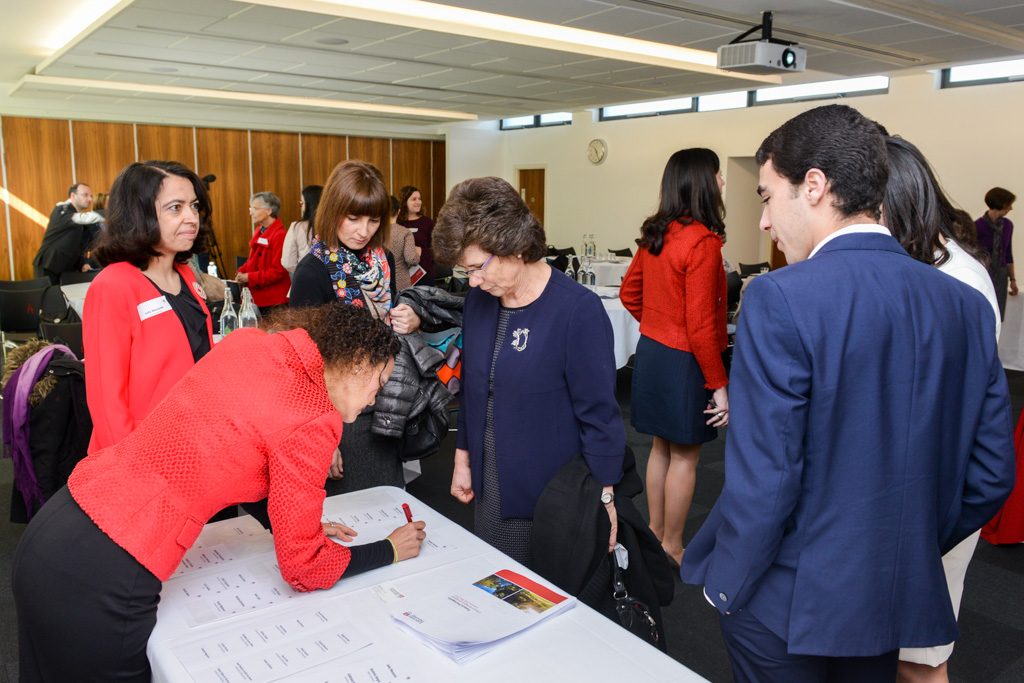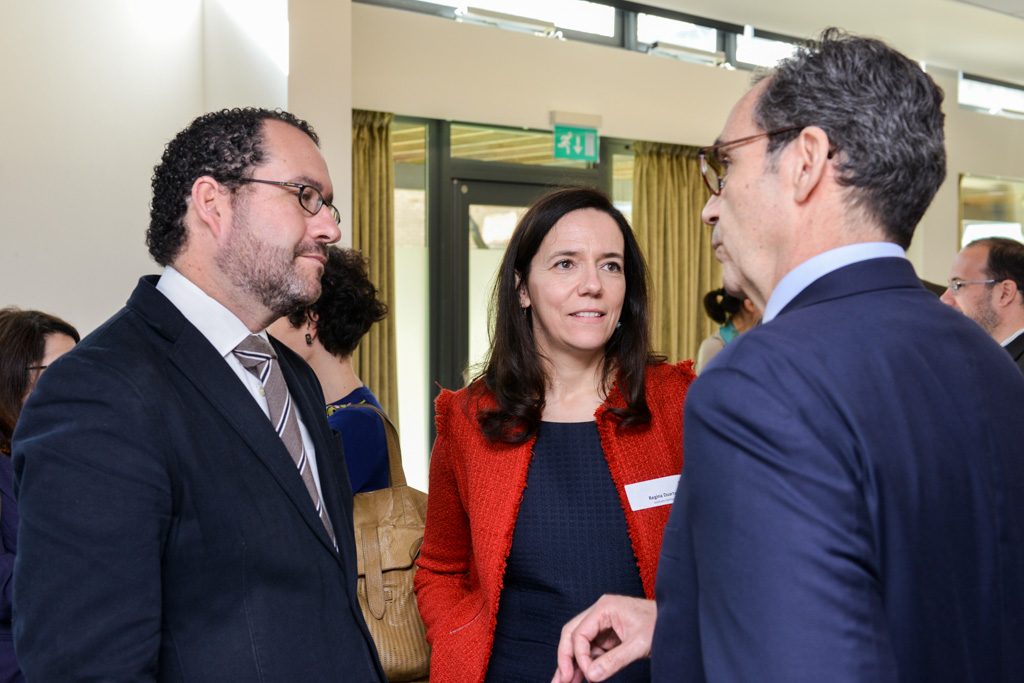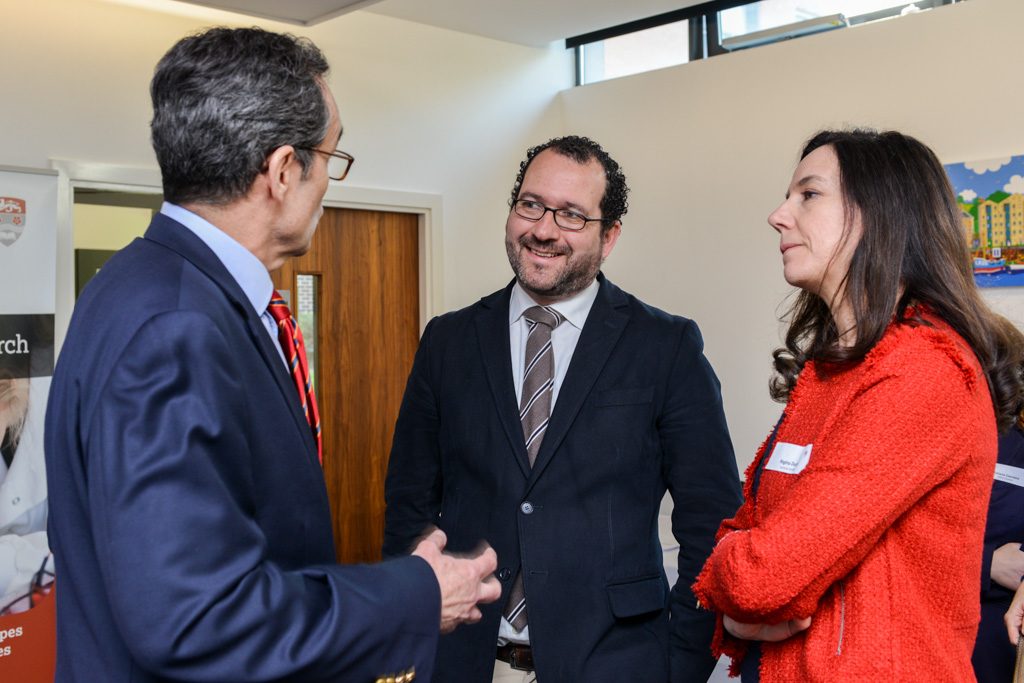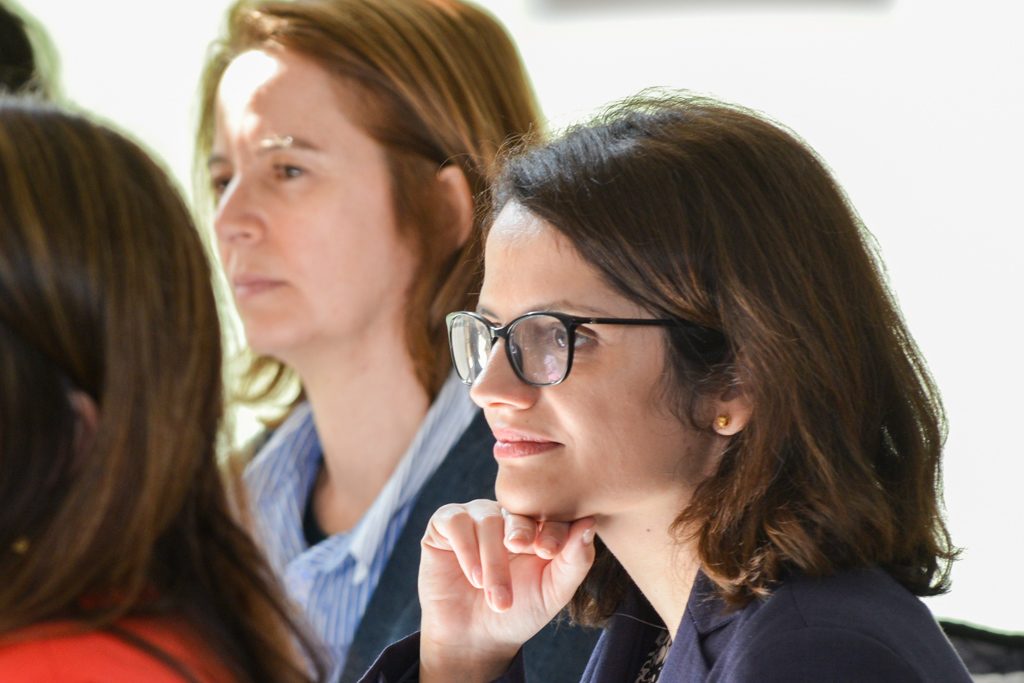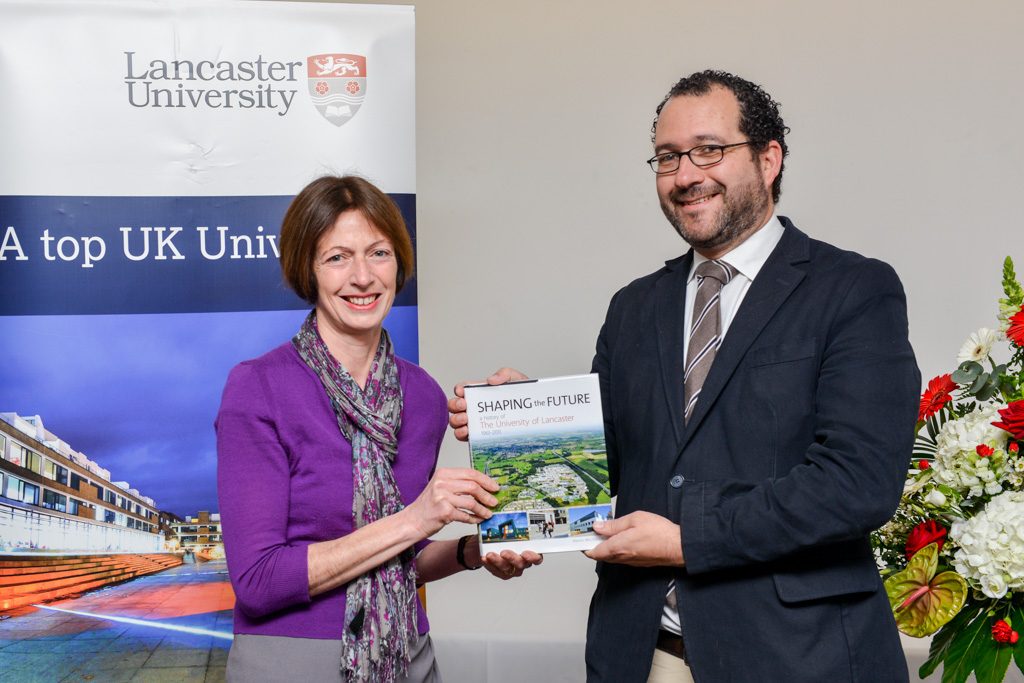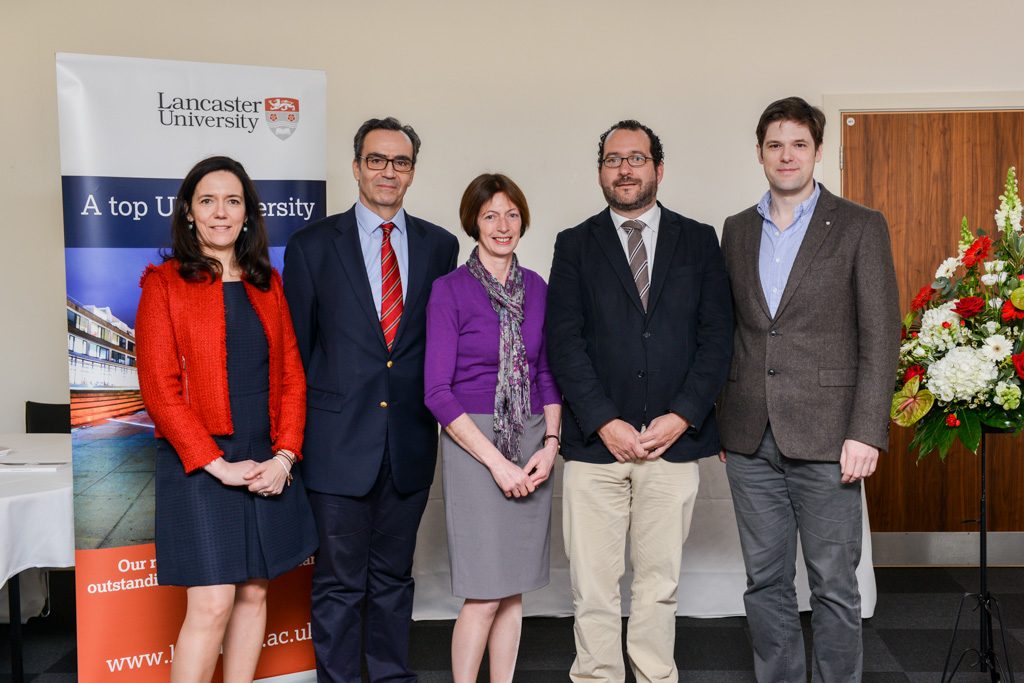Coverage of Saturday’s symposium with Portuguese Secretary of State João Costa on Lancaster University website:

Lancaster’s historic links with Portugal, dating back to John O’Gaunt, were rekindled at the weekend.
The Portuguese Secretary of State for Education, Professor João Costa, visited Lancaster University on Saturday (April 8) to take part in a conference on bilingualism and heritage language learning.
The event, opened in fluent Portuguese by Professor Sharon Huttly, the Pro-Vice-Chancellor Education at Lancaster University, focused on Portuguese heritage language education across Europe.
It brought together policy makers from the Portuguese Ministries of Foreign Affairs and Education, leading academics, journalists, school teachers and parents to discuss current trends and challenges in fostering bilingual competence in English and in the heritage language (the language spoken at home).
The event, supported by the Faculty of Arts and Social Sciences ‘Impact and Engagement Fund’ featured the presentation of successful case studies, including the innovative and award-winning Native Scientist project and the new Anglo-Portuguese School.
Portuguese national TV (RTP) sent a team to cover the event for a popular early evening news programme which is broadcast worldwide.
Event organiser Dr Patrick Rebuschat, from the University’s Department of Linguistics and English Language, said: “The conference was a big success. It is very rare for parents, teachers, researchers and policy makers to be sitting in the same room and engaging in a very constructive dialogue about education. The event demonstrates again the University’s commitment to both engaging with our local communities and to maintain a strong international outlook.”
Lancaster University is renowned for its research in the language sciences and is currently ranked 19th in the world for linguistics according to the 2017 QS Rankings.
In his keynote speech, Portuguese Secretary of State João Costa emphasized the importance of this initiative and outlined future challenges and opportunities in heritage language education.
The conference continued Lancaster University’s long-term links with Portugal.
In 1986 the then President of Portugal, Dr Mário Soares, who died earlier this year, received an Honorary Doctorate from Lancaster University. The occasion served to celebrate 600 years of the Treaty of Windsor between England and Portugal, the oldest diplomatic alliance in the world still in existence.
President Soares’ visit was seen as a big event for the City because it marked the first time Lancaster had received a foreign head of state. It was widely covered in the media in the UK and in Portugal.
“Professor João Costa’s visit on Saturday provided an opportunity for us to remember this event 31 years ago and to honour one of our Honorary Graduates,” added Dr Rebuschat.
For more information, please visit the Lancaster University website or email Dr Patrick Rebuschat, p.rebuschat@lancaster.ac.uk
